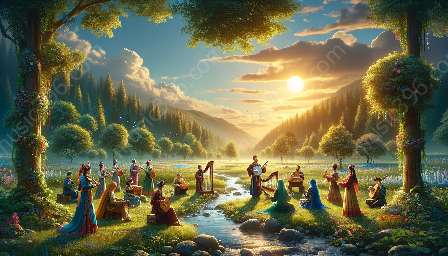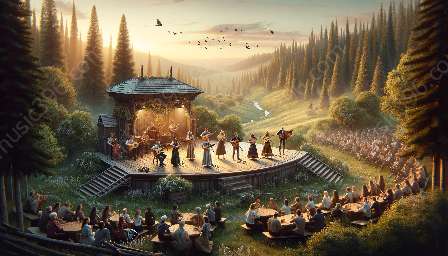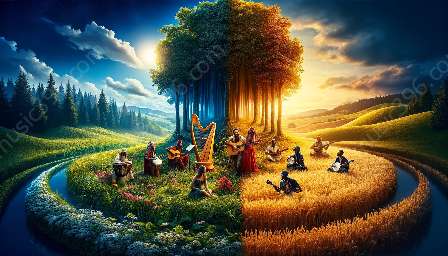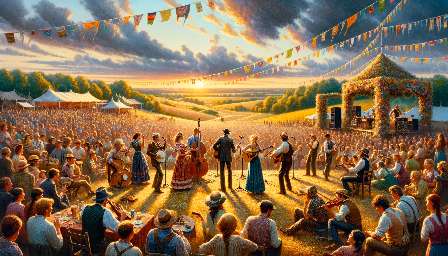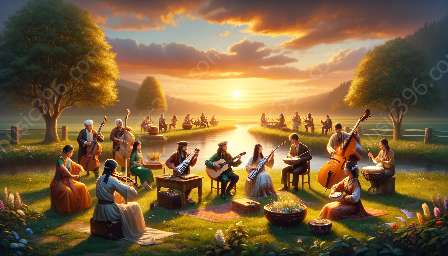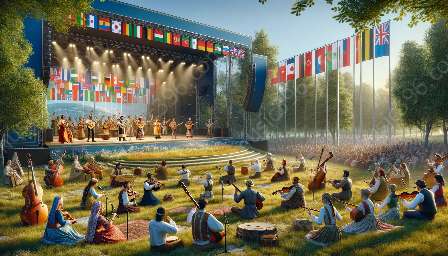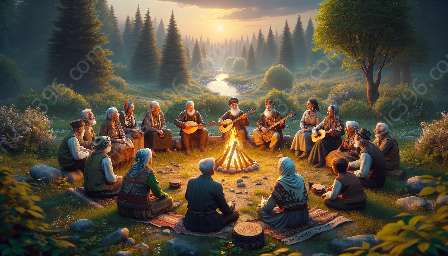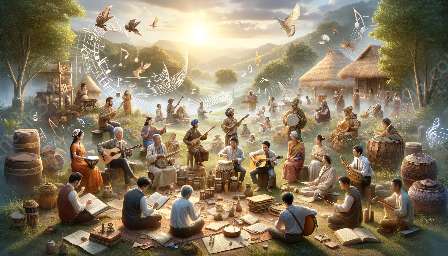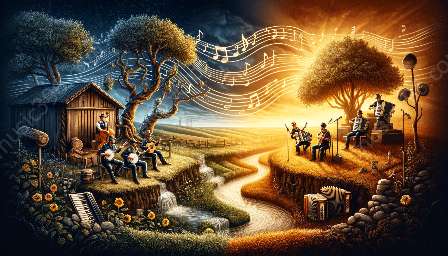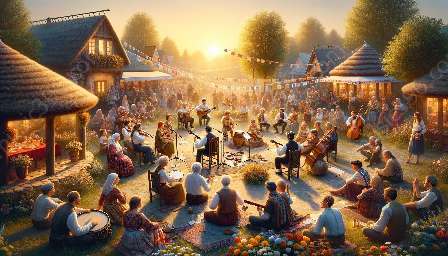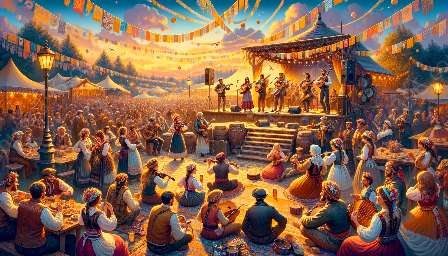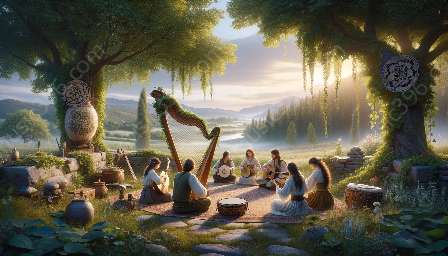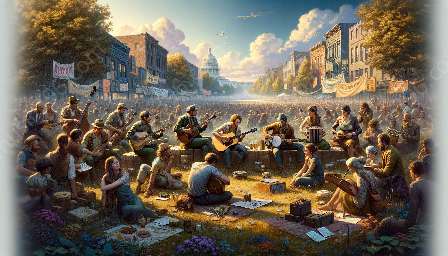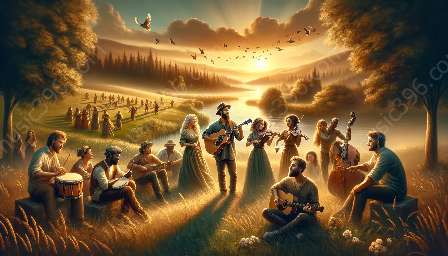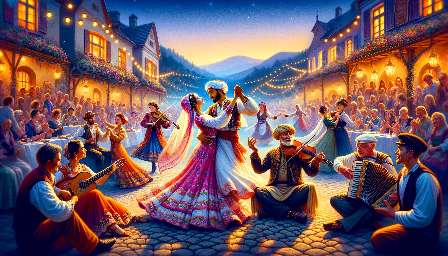Folk music plays a crucial role in preserving and promoting cultural heritage, representing the traditions, history, and identity of diverse communities. This topic cluster explores the significance of folk music, the art of songwriting techniques in folk music, and the intrinsic value of folk & traditional music.
Folk Music: A Reflection of Cultural Heritage
Folk music is deeply rooted in the cultural heritage of societies, serving as an oral tradition that is passed down through generations. It embodies the stories, customs, and values of communities, reflecting their joys, sorrows, and everyday experiences. Through folklore and traditional melodies, folk music provides a glimpse into the historical, social, and emotional realms of different cultures.
Preservation of Cultural Heritage Through Folk Music
Preserving cultural heritage through folk music involves safeguarding the unique musical expressions, styles, and instruments that have been handed down over time. By documenting, archiving, and promoting folk music traditions, communities can ensure the survival of their cultural legacy. This preservation effort contributes to the conservation of languages, rituals, and artistic expressions that might otherwise fade away in the face of modernization and globalization.
Promotion of Cultural Heritage Through Folk Music
Folk music serves as a means of promoting cultural heritage by fostering a sense of belonging and pride within communities. Through performances, festivals, and educational programs, folk musicians and enthusiasts can share the richness of their cultural heritage with a wider audience. This promotion enhances cross-cultural understanding, celebrates diversity, and helps to reinforce the importance of traditional art forms in today's interconnected world.
Songwriting Techniques in Folk Music
The art of songwriting in folk music encompasses a range of techniques that have evolved over centuries. From storytelling ballads to lyrical narratives, folk songwriters draw inspiration from their own experiences, historical events, and cultural traditions. Their use of poetic devices, melodic patterns, and thematic motifs adds depth and authenticity to their compositions, capturing the essence of their heritage through music.
Folk & Traditional Music: A Cultural Legacy
Folk & traditional music represents a rich tapestry of musical genres, instrumental styles, and vocal traditions that have been preserved and cherished over time. This genre encapsulates the diverse sounds and rhythms of different regions, honoring the roots and history of countless cultures. By embracing folk & traditional music, individuals can connect with their heritage, honor their ancestors, and contribute to the continuity of cultural expression.

